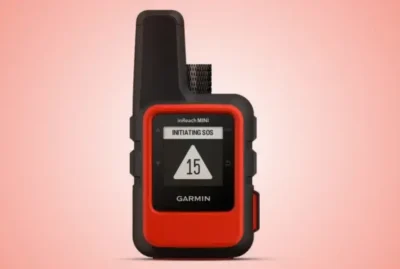
A South African biker’s post-accident medical treatment was delayed after the SOS feature on his Garmin satellite communicator failed to evoke a timely response from emergency services.
Rapport reports that Johan Swarts only received a call from responders while in hospital on the day after he suffered a serious crash, despite paying a R574.99 (US$31) monthly subscription for the service.
He told Rapport that a Garmin product manager only responded two months after his complaints and said the SOS was only received on 18 February, a day after the accident.
So, yes testing is important as well as informing someone where you are going and when you expect to be back, but this is extremely concerning as such devices (along the expense they incur) are intended for use in the most dire emergencies. South Africa, as well as the rest of Africa, has some very isolated areas.
As of 2024 there are yet no reliable satellite services in Africa for ordinary cellphones, so the only option is a full-blown satellite phone (of course with its associated cost that many cannot afford).
Seems it did actually work if the message came through a day later. But where did it come through to a day later, and why? It’s like a key piece of the puzzle is just missing here. Certainly, a radio transmission is almost instantaneous, it does not transmit “slowly” over 24 hours. Seems to me, there was some human or system failure between the UK and SA? Due to the nature of this service, it warrants a really thorough investigation.
Comments